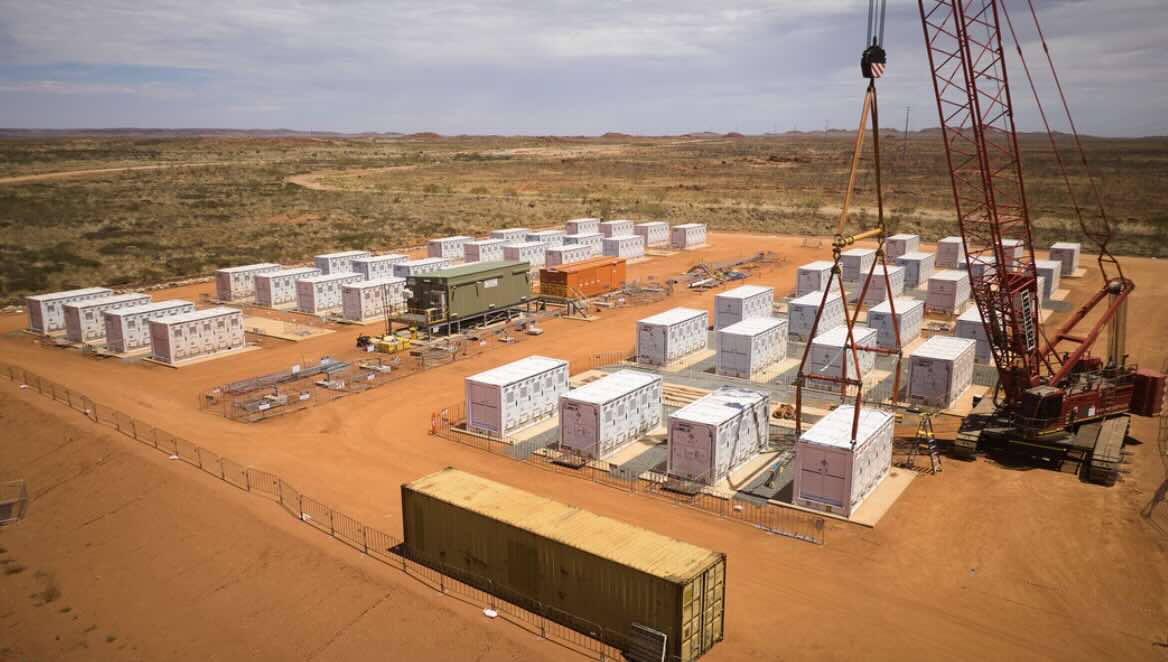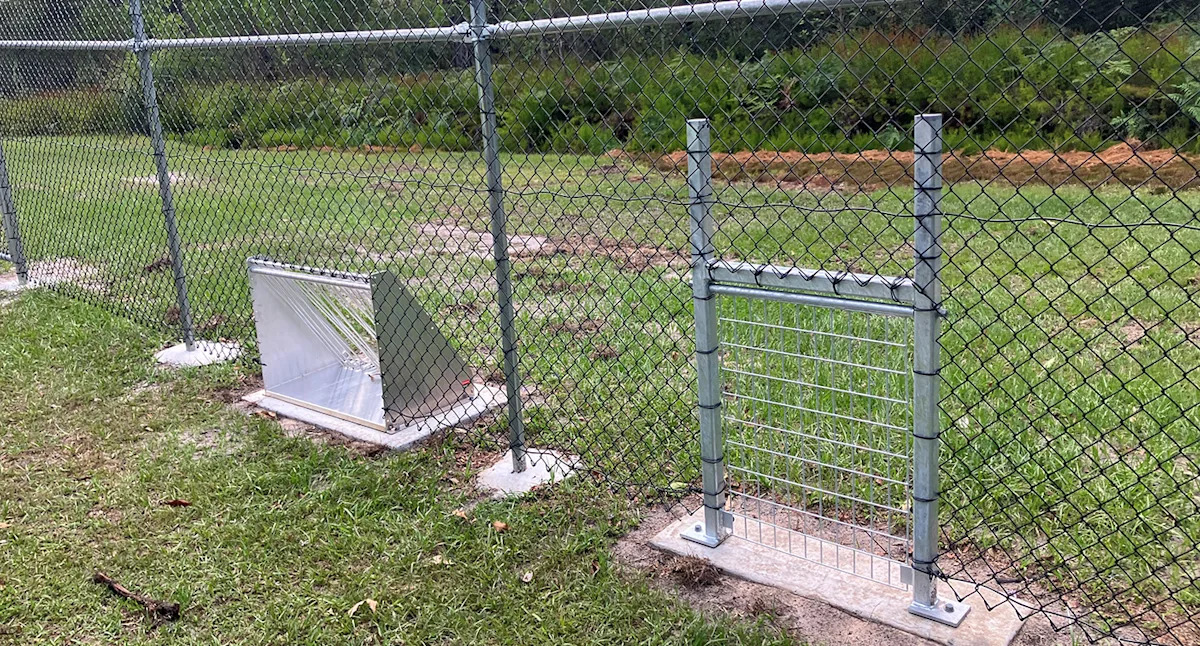
Duluth, MN – In the cold and snowy regions of the world, the effects of climate change are becoming increasingly evident, particularly through shorter and warmer winters. For freshwater lakes, this translates to later freezing, earlier thawing, and thinner ice layers. A groundbreaking study published in Ecology Letters highlights that these winter shifts could have the most significant ecological impacts on high-latitude lakes.
“The ecology of ice-covered lakes is a bit of a black box for lake scientists,” remarked Ted Ozersky, a biologist at the University of Minnesota Duluth who led the research. “For a long time, we assumed that nothing interesting happened under the ice, so few studies looked at what goes on in frozen lakes.” As ice cover diminishes, the winter ecology of lakes is gaining both attention and urgency. Scientists are now probing a crucial question: how will lakes respond to shorter, warmer winters and reduced ice?
Ecological Impacts on Arctic Lakes
The study, a collaboration between researchers from the United States, Norway, and Canada, reveals that changes in winter ice and snow conditions will most profoundly affect Arctic lakes, followed by those in boreal and temperate regions. This is due to a previously unrecognized interaction between the timing of solar radiation and the seasonality of ice cover.
At high latitudes, a significant portion of the sun’s annual light reaches the Earth while lakes are still frozen. For instance, at 75°N, over half of the year’s solar energy is received during the ice-covered period. In contrast, at 45°N, this figure drops to about 25 percent. Consequently, even minor changes in the duration or transparency of lake ice can significantly alter the amount of light penetrating the water column at high latitudes.
“Here in northern Norway and in other Arctic regions, many lakes are still frozen well into the midnight sun period, experiencing 24-hours of daylight,” said Amanda Poste of the Norwegian Institute for Nature Research. “In these Arctic lakes, under-ice production can contribute substantially to lake food webs, which could be threatened by predicted increases in snow cover in some regions. On the other hand, loss of ice during a period with around-the-clock daylight could lead to increased open water productivity.”
Modeling Climate Change Effects
The research team utilized models of incoming sunlight combined with realistic snow and ice cover scenarios across various latitudes. They also examined how light interacts with temperature in lakes at different latitudes. Given that light and temperature are crucial drivers of biological productivity, understanding these changing factors is vital for predicting shifts in lake food webs and ecosystem functioning.
Key Findings
- Light availability in high-latitude lakes is significantly more sensitive to changes in ice and snow conditions than in temperate lakes.
- Climate change is increasing the seasonal overlap of light and warmth, especially at high latitudes, thus enhancing the potential for plant growth and animal activity.
- High-latitude lakes may experience more dramatic ecological shifts, including changes in productivity, food web dynamics, and the timing of biological events.
The paper introduces a new framework for understanding how climate change will impact lake ecosystems and outlines testable predictions for future research.
Collaboration and Future Research
“Many researchers who are starting to study frozen lakes focus on just one region,” noted Ozersky. “Our collaboration includes researchers working on lakes in very different locations, from Minnesota to boreal Québec to the high Arctic. By working together, we were able to identify this interesting large-scale pattern.”
This study underscores the critical role winter plays in shaping lake ecosystems and highlights that changes occurring during the ice cover period can have profound and lasting effects, especially in northern lakes. The authors are now collaborating with numerous research groups worldwide to collect standardized observations from diverse ice-covered lakes to test and refine the model’s predictions.
The Ecology Letters paper, titled “Impacts of Changing Winters on Lake Ecosystems will Increase with Latitude,” was co-authored by Ted Ozersky (University of Minnesota Duluth), Amanda Poste (Norwegian Institute for Nature Research), Milla Rautio (Université du Québec à Chicoutimi), and Eva Leu (Akvaplan-NIVA).







